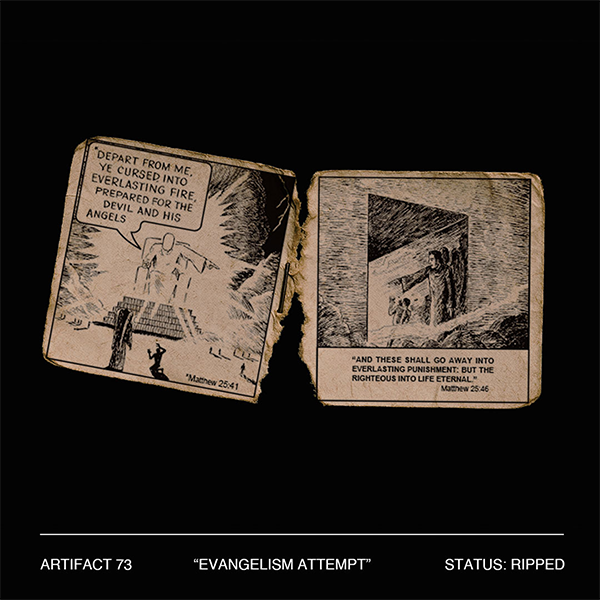Could We Be Diaspora Neighbors?
I wonder how a Diaspora imagination or analogy might impact our understanding of the church on mission in our neighbourhoods today.
As we find ourselves in a new missional era as Christians in North America, we are the ‘other’, the ‘exile’, ‘the foreigner’. Though not necessarily scattered, we are increasingly vulnerable and on ‘unfamiliar’ cultural terrain in a post-Christendom society. Just like Jeremiah’s exiles and other Diaspora communities, we must figure out how to live life with and among in this ‘strange new world’ while maintaining continuity with our faith and traditions. We too are betwixt and between, displaced in fact from our previous mainstream, authoritative place in society, and the way to move forward like the Babylonian exiles and the Luke 10 sent ones, as a Diaspora people in a new missional era is to learn to live among, in, with, our neighbours as neighbours.
This sounds profoundly counter-intuitive. For too many people neighbourhoods are convenient containers where they park their cars and shut off the lights before embarking on another day out beyond the local. Some scorn this focus on neighbourhood. It sounds so ‘old fashioned‘(a favourite ad hominem of those who want to make an argument but have little basis for it). Others point to the brave new world of the Internet and the emergence of the non-locale. The new social media has, indeed, changed how we communicate but this can never replace the local. Some argue we now live in a world of non-local, affinity relationships so neighbourhood is an outmoded idea that misses all the new ways people are relating to one another. [However], affinity means homogeneity, it’s about finding people like me. But, what Paul was framing in the first half of Ephesians, is that affinity is precisely what the Cross and Resurrection came to overcome. An Incarnate God who, in the language of John’s Gospel came to pitch his tent right beside ours is One whom we meet in those ordinary, pedestrian places called neighbourhoods. For too long we’ve lost sight of how we came to this situation where neighbourhood ceased to be the primary place where our lives became embedded. In terms of the Christian narratives: sans embeddedness, sans Gospel. [Roxburgh goes on to assert that] it is in this boundary-breaking work of the Spirit where we encounter God. The location of this encounter is, literally, across the fence, across the street, in our neighbourhoods.
In what is known as the ‘Great Commission’, Jesus instructs His followers to, in their going, make disciples teaching them to obey everything He commanded. What did the Lord command? – First and foremost, that we love God AND our neighbour as ourselves. The primacy and clarity of these words leave little room for an optional or half-hearted response. Yet, in many church and mission contexts, we hardly take it seriously, let alone literally. I would like to suggest, based on a number of theological and sociological arguments (which we don’t have room to explore here), that taking neighbourhood seriously acknowledges God’s people in North America as sent and vulnerable ones (Luke 10) who are called and empowered by the Spirit to live out this identity as neighbours. As neighbours, they can engage in incarnational, contextual postures and practices such that they bear witness to the good news that God is in the business of redeeming all things!
And redemption is about renewal, something to celebrate this Chinese New Year’s weekend!



